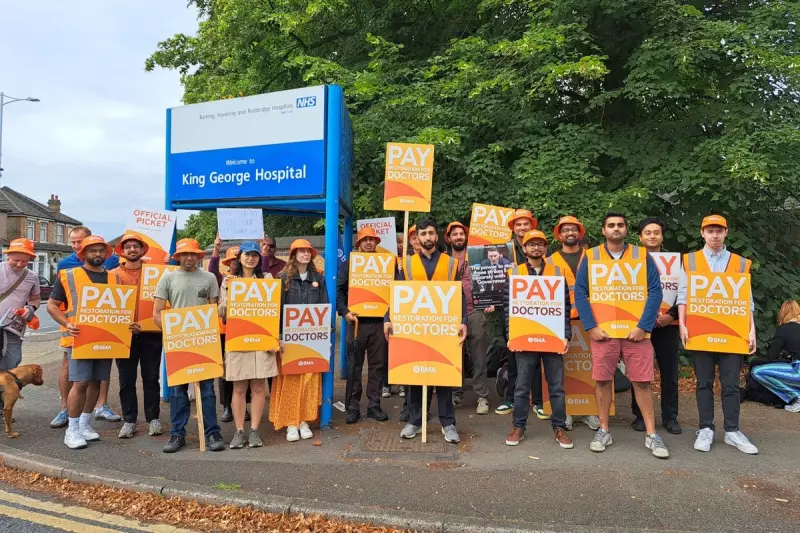
Junior doctors in England have walked out for a five-day strike, marking one of the longest industrial actions in NHS history. The British Medical Association (BMA) has called for a 35% pay rise to address what they describe as "15 years of pay erosion."
The strike, which began at 7am on Thursday, comes after months of failed negotiations between the BMA and the government. Health Secretary Wes Streeting has labelled the demands "unaffordable," while the union argues that fair pay is essential to retain overworked staff.
Impact on NHS Services
Hospital trusts across England are implementing contingency plans, with consultants covering urgent and emergency care. Routine appointments and non-emergency procedures face significant disruption.
Professor Sir Stephen Powis, NHS England's national medical director, warned: "This latest strike action will create major challenges for services already stretched thin."
Political Standoff Continues
The new Labour government has pledged to negotiate but maintains that the BMA's demands exceed budgetary constraints. Shadow Health Secretary Wes Streeting stated: "While we sympathise with junior doctors, we must be realistic about what the NHS can afford."
The BMA has not ruled out further strikes if talks remain deadlocked, with co-chair Dr Vivek Trivedi declaring: "We're prepared to continue this fight as long as necessary."
Public Opinion Divided
Recent polling shows 58% of Britons support the doctors' right to strike, though only 39% back the full 35% pay demand. Patients' groups have expressed concern about mounting treatment backlogs.
This industrial action follows last year's record waiting lists, with 7.6 million people currently awaiting hospital treatment in England.





